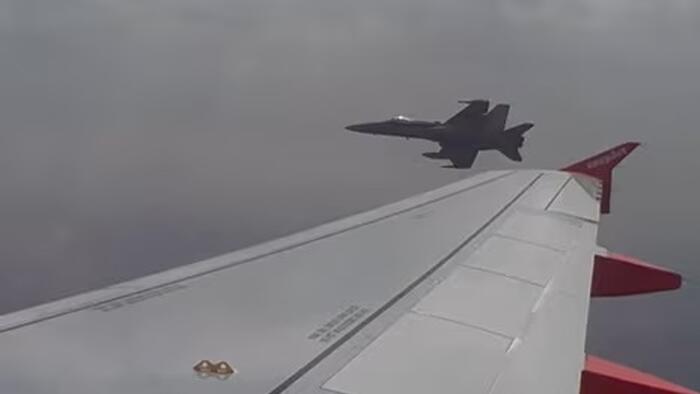Donald Trump’s campaign has ramped up its security measures following two assassination attempts against him in quick succession. With the November election looming, Trump’s request for enhanced protection has garnered significant attention. Reports from both the New York Times and Washington Post reveal that Trump’s team is asking for military aircraft and vehicles, as well as stringent flight restrictions over his residences and campaign rallies. These requests highlight a shift in how Trump is being protected, moving beyond the typical protocols of the Secret Service, which he feels are insufficient in the wake of credible threat assessments, particularly from Iran.
According to the Washington Post, Trump’s campaign has issued what it calls “extraordinary and unprecedented” requests, which include using military planes to travel during the campaign’s final weeks. The requests are driven by concerns over specific threats to Trump’s safety, including an alleged Iranian plot to assassinate him—a notion sustained by a briefing he received from top U.S. intelligence officials. The campaign’s concerns extend beyond just direct threats, encompassing worries about potential aerial attacks via drones and missiles as Trump’s public appearances increase in the lead-up to the election.
The requests have received bipartisan interest, with Republican congressional leaders emphasizing the need for heightened security protocols. Susie Wiles, a co-campaign manager for Trump, expressed dissatisfaction with existing security measures provided by the U.S. government, highlighting the necessity for a more robust safety plan. Noteworthy is Rep. Michael Waltz’s (R-Fla.) letter to the Secret Service, advocating for additional protective military assets for Trump’s private transport, reinforcing the broader appeal for military-level security for an individual not currently holding office.
As Trump’s campaign intensifies, the urgency around these requests becomes more pronounced. CNN has laid out specific elements sought by the campaign, including military aircraft equipped with deterrents against surface-to-air missiles. Such measures reflect a strategic shift in the way Trump is viewing his protection as he traverses various battleground states, raising questions about the adequacy of existing security measures for high-profile figures like him who face extraordinary risks in a politically charged environment.
President Joe Biden’s response to Trump’s security request has been reported as lighthearted yet indicative of the seriousness of the situation. He expressed that the requests should be met, provided they do not escalate to unreasonable levels, signaling an acknowledgment of the unique circumstances surrounding Trump’s campaign. Such commentary also highlights the broader political landscape, where issues of security for political figures intersect with geopolitical considerations.
The media’s reaction has been mixed, with some commentators labeling these security requests as unprecedented given the historical context of presidential campaigns. The juxtaposition of Trump’s requests against recent protective measures for foreign leaders, like Ukraine’s Zelensky, raises further discussions about the norms for security arrangements in political campaigns. Ultimately, this situation underscores not only the tumultuous nature of Trump’s candidacy but also the evolving landscape of political security amid rising threats against prominent political figures.

